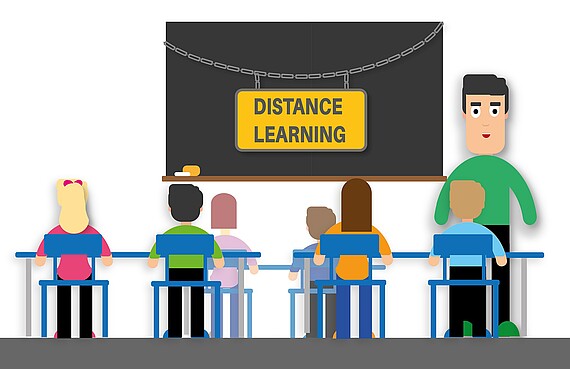
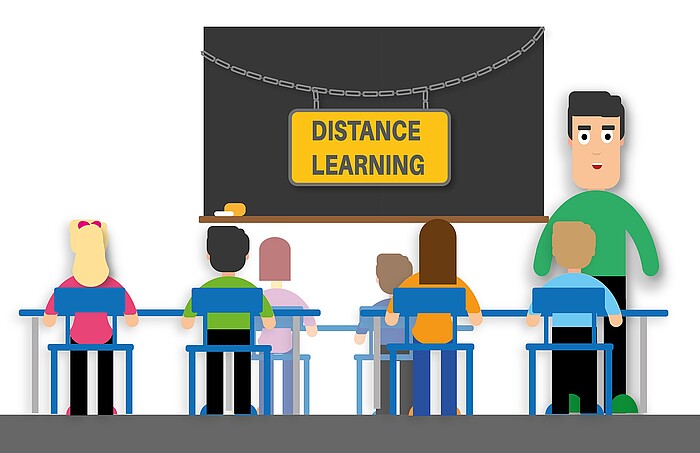
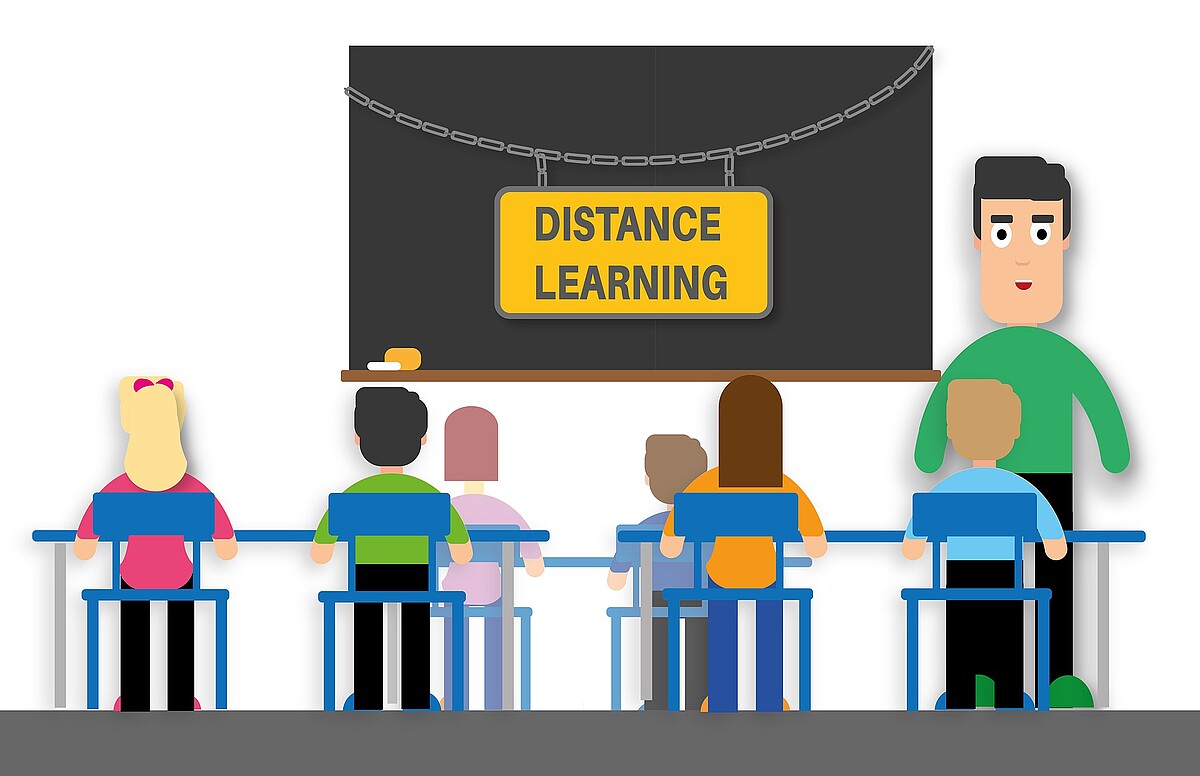
Project description
STEM-Digitalis is a project funded by the EU in the ERASMUS+ programme. Against the background of online teaching made necessary by the Covid-19 pandemic, the aim of the STEM-Digitalis project is to develop blended and distance learning environments for teaching advanced STEM topics (STEM topics such as climate change, plastic waste, renewable energies, etc.) for prospective primary and secondary school science teachers. Existing teaching material for science lessons developed by the partner organisations in previous EU projects (e.g. IRRESISTIBLE, SAILS) will be used.
The specific objectives of the project are
- Development of innovative digital teaching scenarios for advanced STEM topics
- Development of teaching and learning strategies that promote the meaningful use of digital technologies for science education
- Develop a freely accessible educational platform where digital teaching materials from across Europe can be shared in different educational, economic and cultural contexts
- Provide guidelines and recommendations for the teaching of advanced STEM subjects in relation to the use of online resources and online teaching and learning environments.
The main target group of the project are primary and secondary school science teachers in training and at work, university lecturers, primary and secondary school pupils, political decision-makers and experts from the project partners' network.
STEM Digitalis project nearing completion
The physics didactics working group is a partner of the Erasmus+ project STEM Digitalis (https://stemdigitalis-project.eu/de/home_de/). The aim of the project is to develop blended learning environments and distance learning environments for teaching prospective science teachers about challenging STEM topics. The last transnational project meeting with representatives of the five project groups took place in Dublin from 20 September to 22 September 2023.
Final details for the final project report and further measures for implementing the materials created were finalised. The highlight of Hanover's contribution is the VR environment "Interferometer Building", in which users can enter a virtual interferometry laboratory and carry out various experiments.
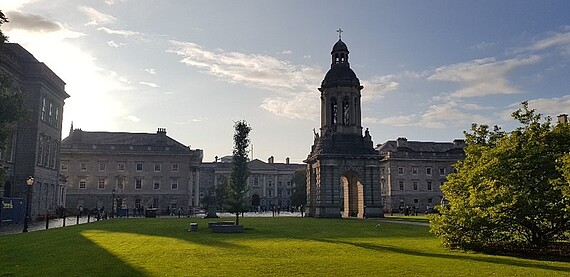
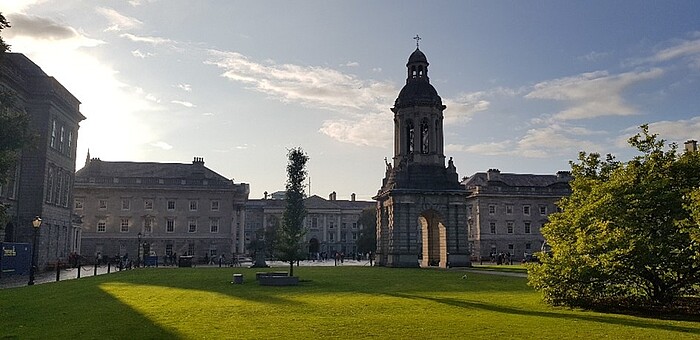

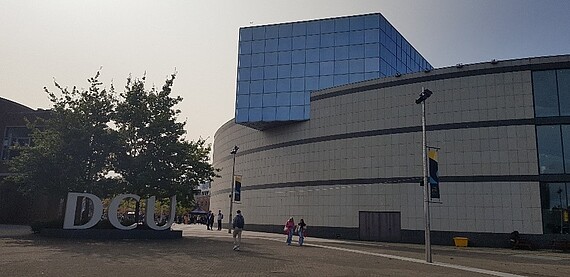
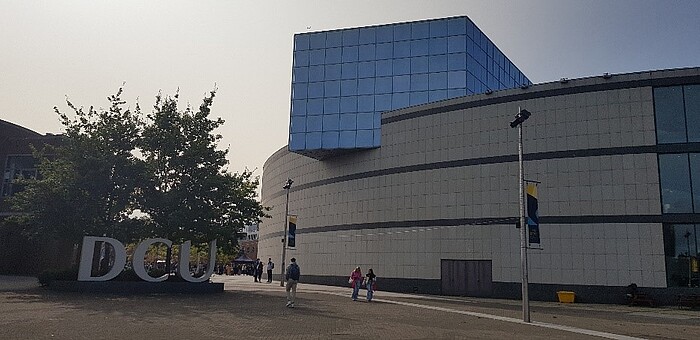

VR environment successfully tested in several schools
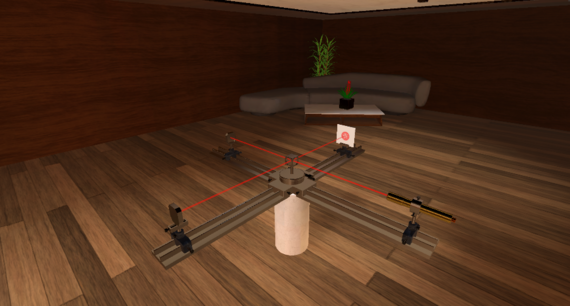
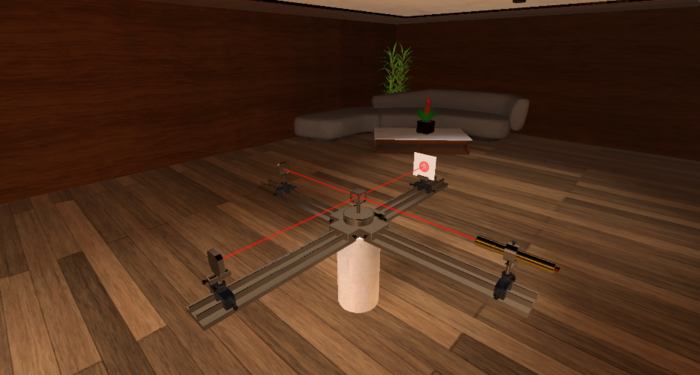
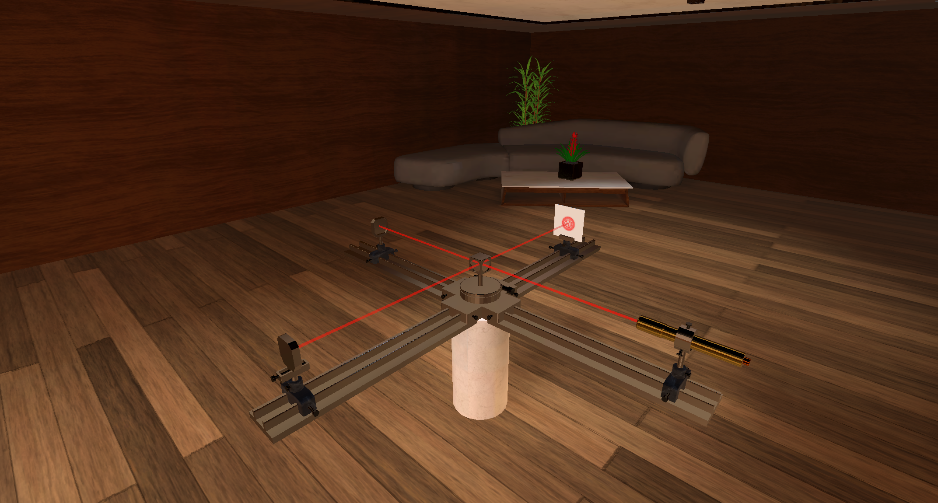
As part of the Erasmus+ project STEM Digitalis, the physics didactics working group at the IDMP has created a virtual experimental environment, the "Interferometer Building". Users can walk through the building wearing VR glasses and carry out various experiments on the topic of interferometry. This VR environment has been successfully trialled in several schools in Lower Saxony.
These included the Ricarda-Huch-Schule in Hanover and the Felix-Klein-Gymnasium in Göttingen. Most of the pupils succeeded in obtaining realistic measurements in the virtual experiments. Practically all pupils and teachers agreed on the high motivational effect of the virtual environment.
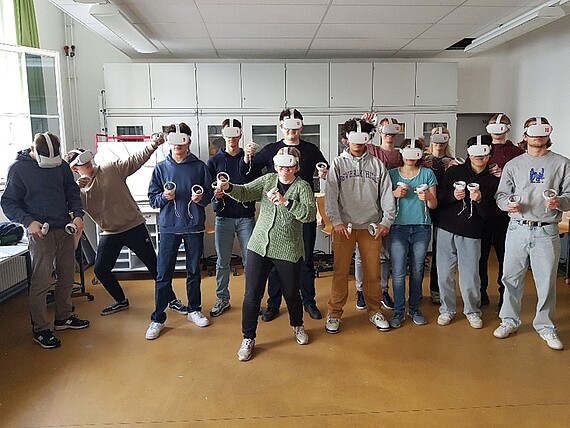
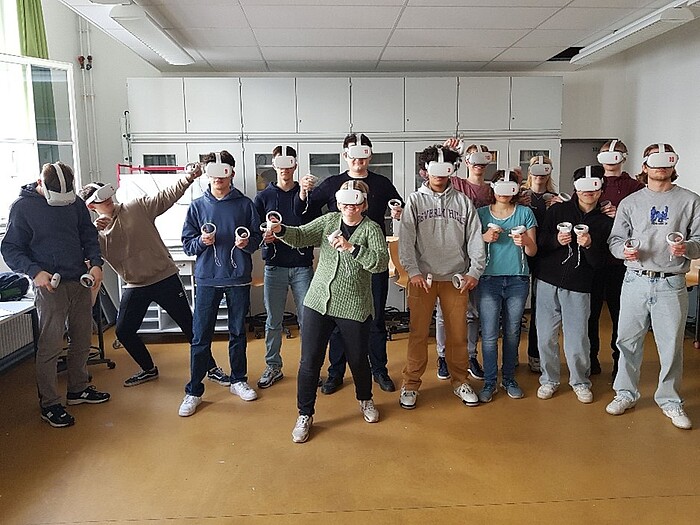
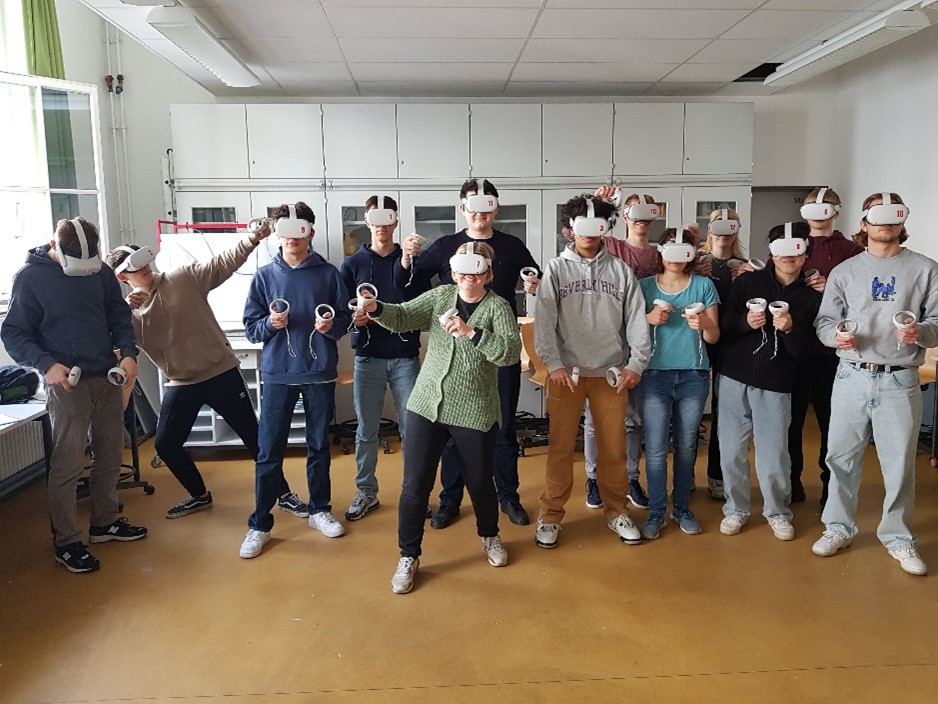
Team leader of the EU project
Dimitris Stavrou (Crete, Greece; project management), Lucy Avraamidou (Groningen, Netherlands), Gunnar Friege (Hanover, Germany), Eilish McLoughlin (Dublin, Ireland), Priit Reiska (Tallinn, Estonia).
Team within the Physics Didactics
Dirk Brockmann-Behnsen, Gunnar Friege, Lukas Diekhoff, Muriel Schaber


